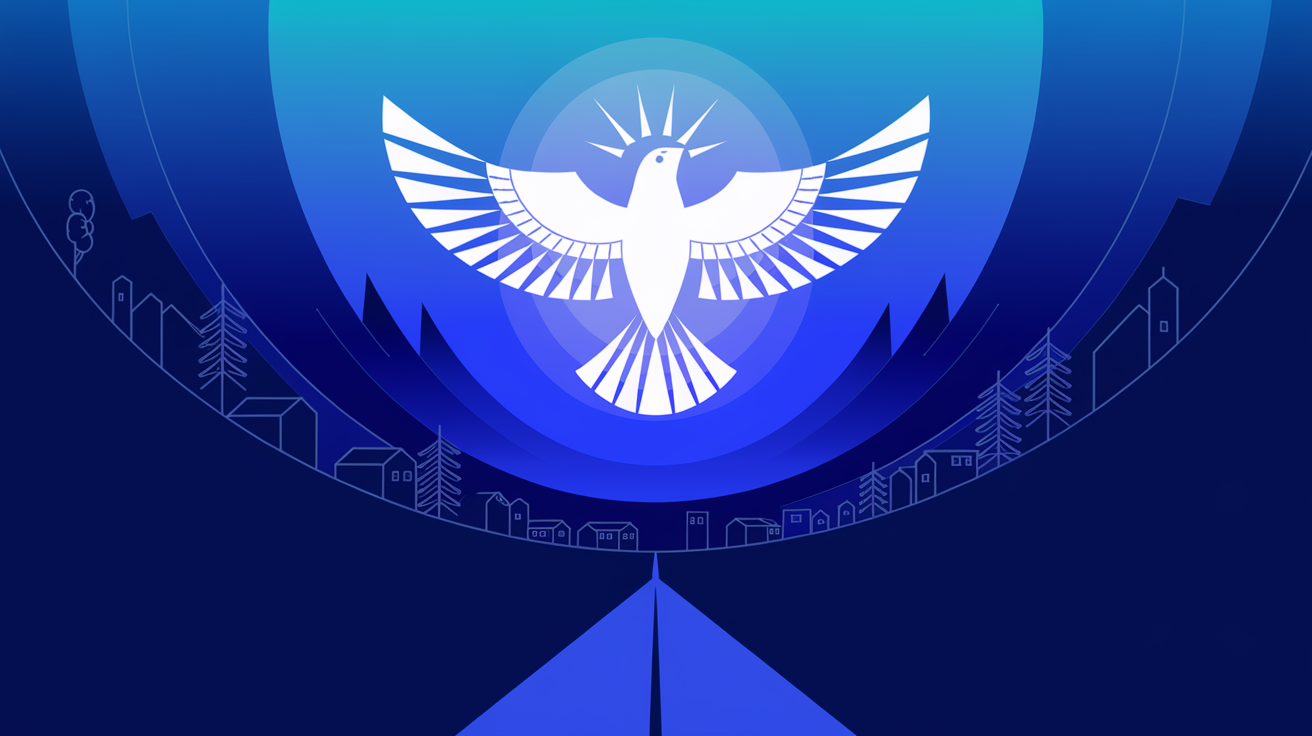In recent years, smartphone applications have emerged as valuable tools in the mental health landscape, with many users relying on them for support, self-care, and tracking progress. In this article, we will explore how phone apps can be integrated into DBT treatment for BPD, enhancing therapy outcomes and providing additional support to individuals throughout the therapeutic process.
Using Phone Apps for DBT Skill Building
DBT is a structured, skills-based therapy that teaches individuals four core modules: mindfulness, emotion regulation, distress tolerance, and interpersonal effectiveness. Smartphone apps can assist in learning and reinforcing these skills, offering reminders, exercises, and tracking capabilities to aid in skill-building and practice outside therapy sessions.
Mindfulness: The foundation of DBT, mindfulness involves non-judgmental awareness of one’s thoughts, emotions, and experiences. Many mindfulness apps offer guided meditations, breathing exercises, and daily reminders to help individuals cultivate mindfulness skills in their everyday lives. Integrating these apps into DBT treatment can provide additional support for learning and practicing mindfulness techniques, promoting emotional balance and self-awareness.
Emotion Regulation: Emotion regulation skills are essential for individuals with BPD, as they often struggle with intense, fluctuating emotions. Apps designed to help with emotion regulation can provide users with tools to identify, understand, and manage their emotions more effectively. Some apps offer mood tracking, journaling, and coping strategies, enabling users to understand their emotional patterns better and implement healthy coping mechanisms. Incorporating these apps into DBT treatment can help individuals with BPD achieve greater emotional stability and resilience.
Distress Tolerance: The ability to tolerate distress without resorting to self-destructive behaviours is crucial for individuals with BPD. Distress tolerance apps often include tools such as grounding techniques, crisis plans, and coping strategies to help users manage overwhelming emotions and urges. By integrating these apps into DBT treatment, individuals can access additional resources to help them navigate moments of crisis and develop healthier responses to stress.
Interpersonal Effectiveness: Interpersonal effectiveness skills are essential for building and maintaining healthy relationships, which can be particularly challenging for those with BPD. Apps focusing on interpersonal skills can provide users with communication strategies, assertiveness training, and social support resources, fostering healthier relationships and interactions. Utilizing these apps in conjunction with DBT treatment can support individuals with BPD in their journey toward improved interpersonal functioning.
Using Phone Apps for DBT Diary Cards
DBT diary cards are a fundamental therapy component, as they facilitate self-monitoring and allow therapists to track their clients’ progress. Phone apps offer an accessible and convenient alternative to traditional paper diary cards, enabling users to log their daily emotions, urges, behaviours, and skills practice. This digital format makes it easier for individuals to maintain consistency in their self-monitoring and allows for more accurate data collection and analysis. Some apps’ automatic tracking and graphing features can provide users with valuable insights into their progress, helping them identify patterns and areas for improvement. Additionally, therapists can access this data remotely, enabling more efficient communication and collaboration during therapy sessions.
Using Phone Apps for Support and Connection
Another significant advantage of integrating phone apps into DBT treatment for BPD is their potential for support and connection. Many apps offer online communities, forums, or chat features where users can connect with others who share similar experiences, providing a safe and supportive environment to discuss challenges, share successes, and offer encouragement. This sense of community can be especially beneficial for individuals with BPD who may struggle with isolation and loneliness. By connecting with others facing similar challenges, individuals can gain valuable insights, learn from other’s experiences, and develop a sense of belonging.
Incorporating phone apps into DBT treatment for Borderline Personality Disorder can offer numerous benefits, enhancing skill-building, self-monitoring, and support for individuals throughout the therapeutic process. By embracing technology and integrating it into mental health treatment, individuals with BPD can access additional resources and tools to help them manage their emotions, develop healthier coping mechanisms, and improve their overall well-being.
While phone apps should not replace professional therapy, they can serve as valuable adjuncts to traditional DBT treatment, reinforcing skills learned in therapy and providing additional support outside therapy sessions. Individuals need to consult with their mental health professionals before using phone apps as part of their treatment plan, ensuring the chosen apps align with their therapeutic goals and personal needs.
As technology advances, there is no doubt that the landscape of mental health treatment will also evolve. By embracing the potential of smartphone applications and incorporating them into DBT treatment for BPD, therapists and clients can work together to optimize therapy outcomes, paving the way for a brighter, more resilient future for those with Borderline Personality Disorder.







